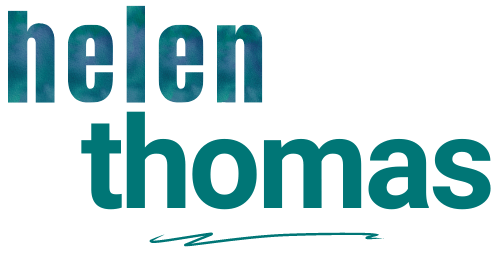I had an interesting conversation this week about how to answer the inevitable “what are your weaknesses?” question that often comes up in job interviews.
Personally, I’m not a big fan of this question because I subscribe to the school of thought that focusses more effort on your strengths than your weaknesses. But, I understand it can and will crop up and it’s always useful to be prepared.
Essentially a question about your weaknesses is posed to assess your level of self-awareness. If you know yourself well you can make the most of your strengths while acknowledging you’re not perfect.
In truth, it’s also a great way to see how you handle tough or awkward questions… so interviewers can see how you respond under pressure.
How to talk about your weaknesses without squirming
As much as you might like to, you can’t completely ignore those things you’re not so good at. After all, we all have areas that could do with a little tune up.
Remember, this question is an opportunity to showcase your self-awareness.
When you’re highly self-aware, you quickly pick up when your emotions and actions don’t align with your internal standards. You can also “read the room” and evaluate how you’re perceived by others.
Being self-aware enables you to check your progress and change course if you need to. It’s a very valuable skill to bring to any role or workplace.
So, when faced with the question of your weaknesses, don’t panic, be honest, don’t pretend you don’t have any weaknesses, and focus on aspects that are not directly related to doing the job you’re interviewing for.
Most importantly, don’t dwell on them. Because the whole topic is so icky, we have a natural human tendency to go on and on (and on) trying to explain, justify or defend our weak spots.
As an aside, I recently heard a phenomenally successful artist being interviewed on a podcast where she droned on and on about not having completed university. After 15 minutes or so I was ready to tune out… enough already.
So… what to do instead?
Ways to talk about your weaknesses while emphasising your strengths
1. ACKNOWLEDGE THE ISSUE, SHOW HOW YOU WORK WITH IT
This is where you can show exactly how well you know yourself and what actions you are taking to address the issue. For example you might say, “I’m not someone who’s naturally organised or on time but by using productivity apps and taking a moment each day to set my priorities, I stay on top of my work and never miss a deadline.” You’re acknowledging your “natural” state, while showing your willingness to find an appropriate solution.
2. IT’S NOT A BUG, IT’S A FEATURE
Show how your strengths balance and compensate for your weaknesses. Perhaps you’re not the most outspoken or confident speaker in a public or group environment. But maybe you find this lends itself well to active listening and providing written summaries after the event; drawing on your research and graphic design strengths to create a kick ass presentation. It’s worth remembering not every weakness is “bad”… and, in fact, sometimes it’s be your greatest asset.
3. SHOW HOW YOU’VE LEARNED FROM THE PAST
This one combines self-awareness with hindsight. So, “I used to be the roadblock in my team getting their projects finished because my schedule didn’t allow for making timely decisions. Since I sat down with my team to work things out and created some boundaries in my schedule, our productivity has sky-rocketed.” This type of response shows curiosity, flexibility and your ability to collaborate and problem solve. You’re highlighting that you can identify and problem solve to fix things when you need to.
4. HIGHLIGHT NEW SKILLS
Following on from learning from past mistakes, show how your weaknesses have brought you new skills or capabilities. I learnt this personally as a new manager when I realised not everyone did things in exactly the same way I did… mind blown! Realising this suddenly made my life a whole lot easier. I stopped micromanaging and focussed just on the outcomes… I became a better manager and increased my personal productivity.
Always frame your weaknesses in a positive light and use them as an opportunity to showcase your self-awareness and commitment to growth.
Ready for a new chapter in your working life? The secret might be simpler than you think… start by taking the Fix Your Career quiz to uncover what’s keeping you stuck and the steps you can take to start figuring things out.

